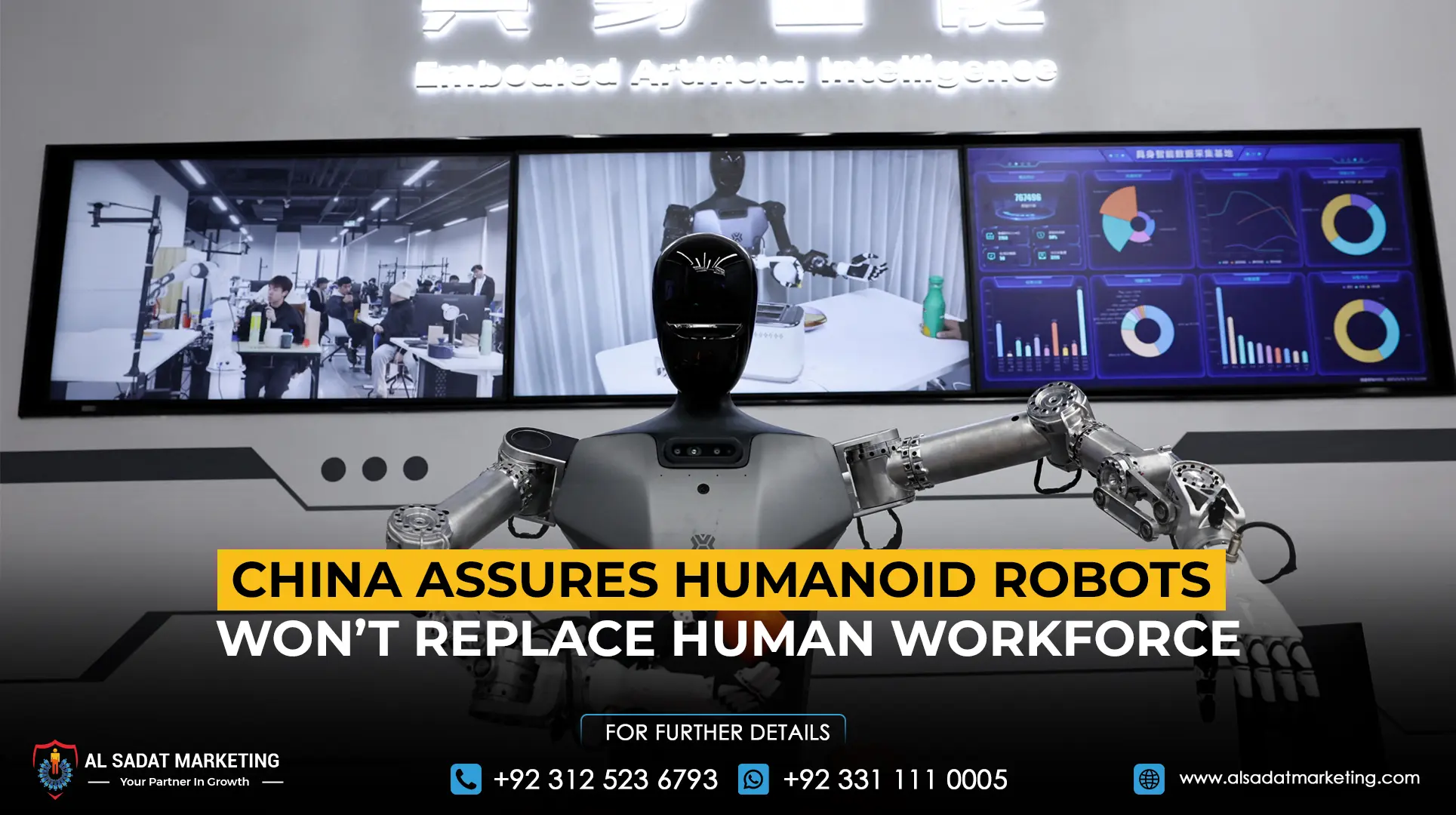BEIJING (Reuters) – Contrary to fears of widespread job losses, a senior Chinese official overseeing one of Beijing’s largest tech hubs says humanoid robots will not replace human workers but instead enhance productivity and take on tasks that are dangerous or undesirable for people.
Liang Liang, deputy director of the Beijing Economic-Technological Development Area, explained in an interview that robots will complement human labor by working in challenging environments such as deep oceans or space—places beyond human reach.
“Robots won’t make people unemployed; they will boost efficiency and handle tasks humans prefer not to do,” Liang said.
“While humans rest at night, machines can keep working to provide better, cheaper, and more user-friendly products.”
Robots and Humans: Partners, Not Competitors
Liang highlighted a recent world-first robot half-marathon in Beijing, designed to symbolize the complementary roles of humans and robots. The event featured two separate tracks: one for human runners pushing their physical limits and another for robots, operated by 20 teams, showcasing their own capabilities.
Also Read: National Health Emergency Centre Established at NIH
“In the marathon, humans have their own path, and robots have theirs. The future will be a collaboration, not competition,” Liang explained.
The race-winning robot, Tiangong Ultra, developed by the state-backed Beijing Humanoid Robotics Innovation Centre (X-Humanoid), reached speeds up to 12 kph (7.56 mph). Besides sports models, the centre is developing robots designed to navigate complex environments and perform routine tasks with agility.
A Vision for the Future of Robotics in China
Liang’s vision reflects China’s commitment to expanding its robotics sector with state funding, focusing on machines that support human workers and improve efficiency rather than replace jobs.










